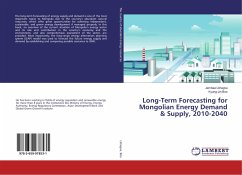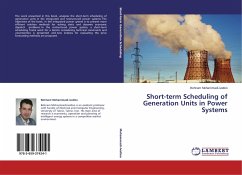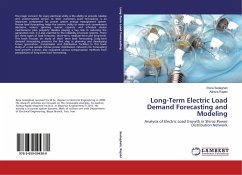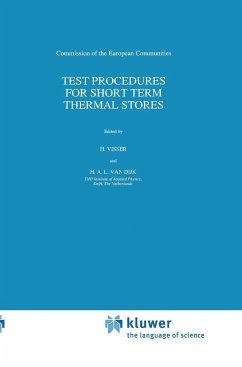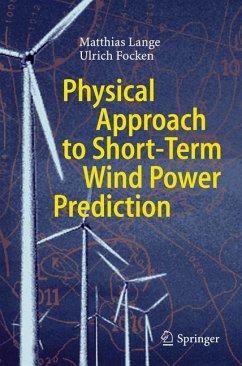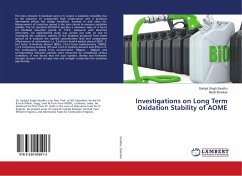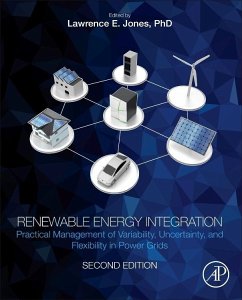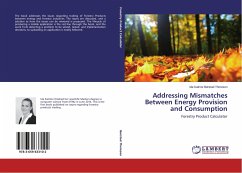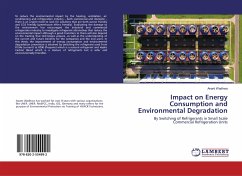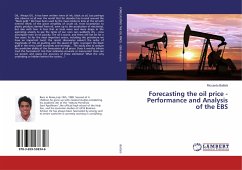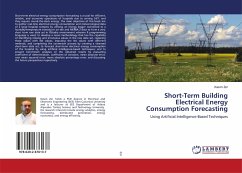
Short-Term Building Electrical Energy Consumption Forecasting
Using Artificial Intelligence-Based Techniques
Versandkostenfrei!
Versandfertig in 6-10 Tagen
47,99 €
inkl. MwSt.

PAYBACK Punkte
24 °P sammeln!
Short-term electrical energy consumption forecasting is crucial for efficient, reliable, and economic operations of hospitals due to serving 24/7, and they require round-the-clock energy. The main objectives of this book are to gather real-time electrical energy consumption and meteorological data of a large hospital complex by utilising an energy logger connected to a humidity-temperature transducer on-site and MERRA-2 data to form a very-short term raw data set in RStudio environment wherein R programming language is used; to develop a novel methodology that has the capability of identifying...
Short-term electrical energy consumption forecasting is crucial for efficient, reliable, and economic operations of hospitals due to serving 24/7, and they require round-the-clock energy. The main objectives of this book are to gather real-time electrical energy consumption and meteorological data of a large hospital complex by utilising an energy logger connected to a humidity-temperature transducer on-site and MERRA-2 data to form a very-short term raw data set in RStudio environment wherein R programming language is used; to develop a novel methodology that has the capability of identifying missing and erroneous values in the raw data set, replacing these values with NA values, imputing the NA values with different methods, and completing the conversion process by creating a cleansed short-term data set; to forecast short-term electrical energy consumption of the hospital by using artificial intelligence-based techniques; and to present benchmark analyses of the obtained results by evaluating coefficient of determination, coefficient of variation, mean absolute error, root mean squared error, mean absolute percentage error, and discussing the future perspectives respectively.



